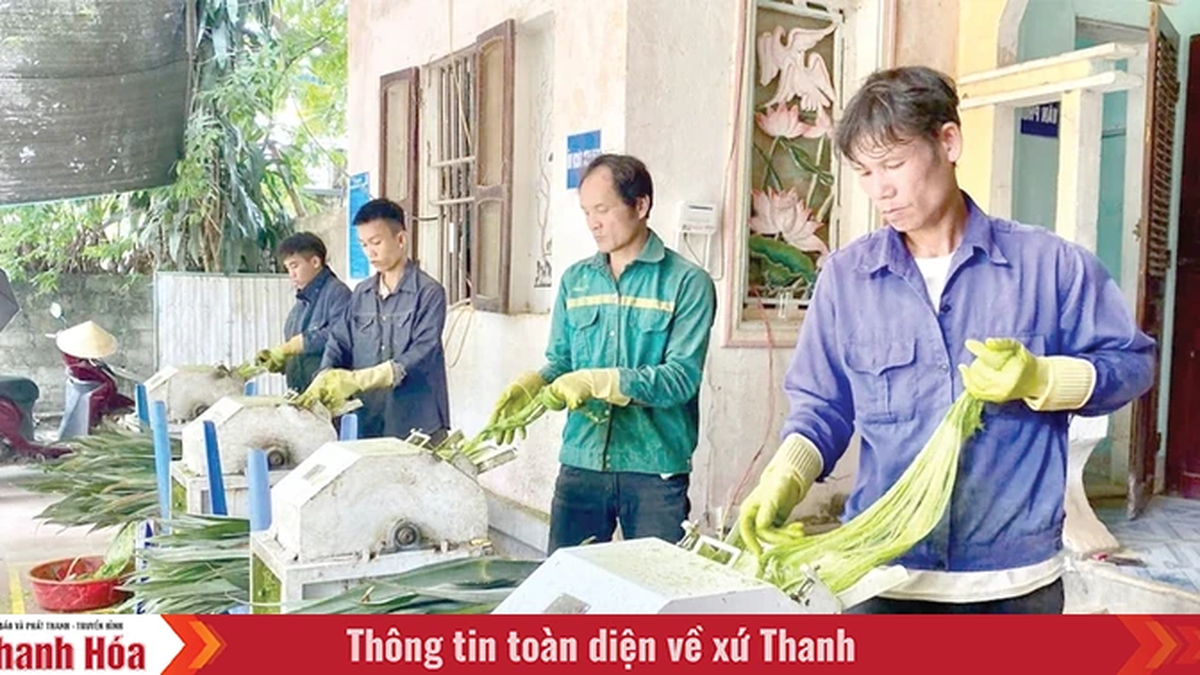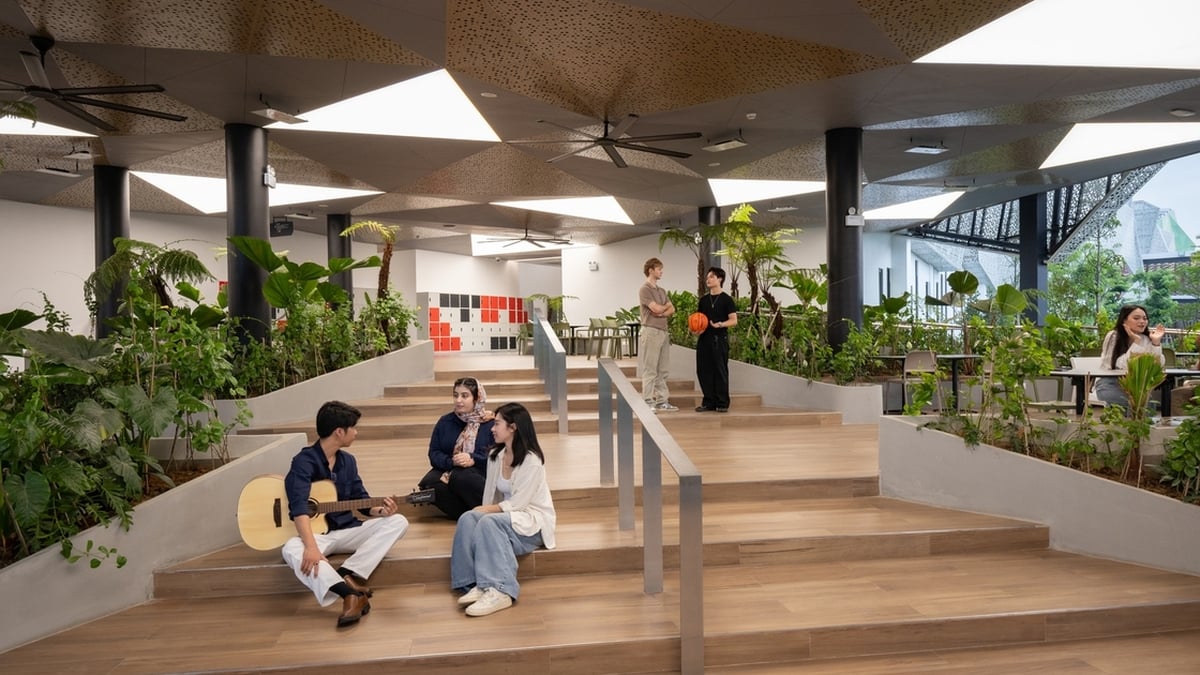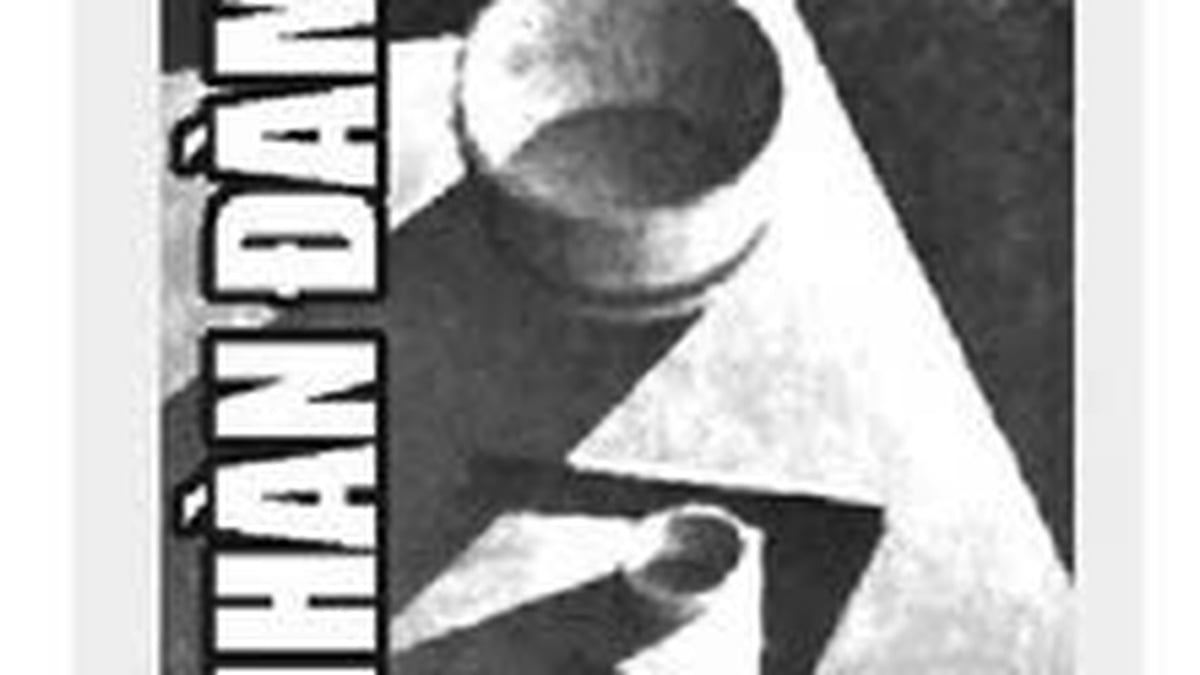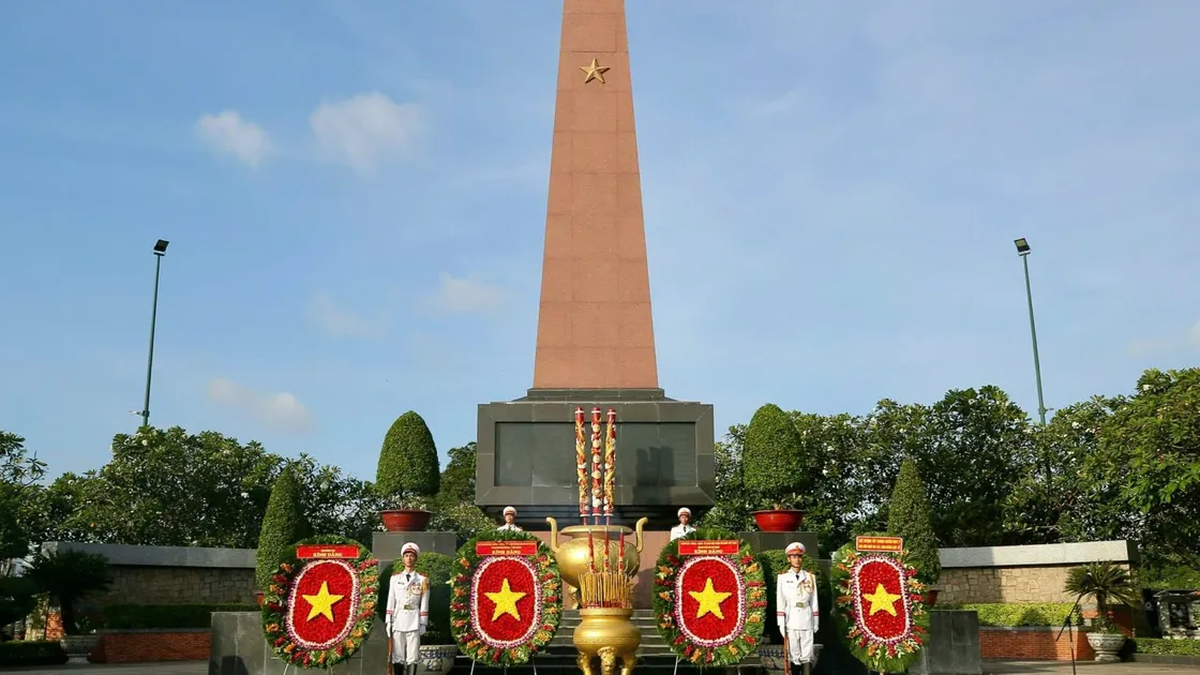
Outside the Arsenal weapons factory in Bulgaria (Photo: AFP).
Bulgaria's arms industry has never seen such strong growth, with exports estimated to reach $4.3 billion by 2022 (about 4 billion euros), three times the previous record.
The country’s oldest arms manufacturer, Arsenal, already has 7,000 workers at its Kazanlak plant but is offering even better incentives to attract more, including the promise of lucrative perks like beach holidays. The company is also calling on Bulgarians working abroad to return home.
“When they hired us, they said there were so many orders that we would be busy for at least five years,” said one of the newly hired workers. “I’ve only been here a week, but I already have three new colleagues,” the woman, who declined to be named, added.
Although Bulgaria hardly sends weapons to Ukraine, it is an important arms producer in the region. Neighboring countries Romania and Poland regularly place orders for Bulgarian weapons and ship them to Kiev.
Previously, Kazanlak and its surrounding Rose Valley, famous for its rose water, suffered heavily when their arms manufacturers lost market share after the collapse of the Soviet Union, although conflicts in the Middle East revived demand for cheap and rugged weapons such as the AR-M1, the Bulgarian "Bulgarian Kalashnikov" rifle, in the 2010s.
Yordan Ignatov, vice-president of the local Chamber of Commerce, said the Arsenal factory's rapid growth was good for the city as a whole. "Last year, Kazanlak had the lowest unemployment rate in the country after the capital Sofia," he said, adding that "it was half the national average."
Investment is also booming in the city. "Every new house that comes up is being snapped up," said real estate agent Teodor Tenev.
Bulgaria specializes in producing ammunition for Soviet-era weapons, the types Kiev uses most on the battlefield today, although Sophia is looking to modernize its aging production facilities with money pouring in from Europe to start producing NATO-standard and other ammunition.
And there was more good news earlier this week when EU foreign ministers agreed to a $2 billion plan to buy artillery shells for Ukraine. Despite benefiting greatly from the deal, Sofia did not sign the joint statement.
To push the deal, EU Internal Market Commissioner Thierry Breton visited arms factories in Bulgaria last week. On his way from Kazanlak in Sopot, Mr Breton visited the country’s largest arms manufacturer, VMZ. The state-owned factory recently added production lines for 155mm artillery shells that the Ukrainian army needs.
Arms supplies to Ukraine are a controversial issue in Bulgaria. The Bulgarian parliament has so far only authorized the shipment of small arms and ammunition to Kiev.
Source


































































































Comment (0)